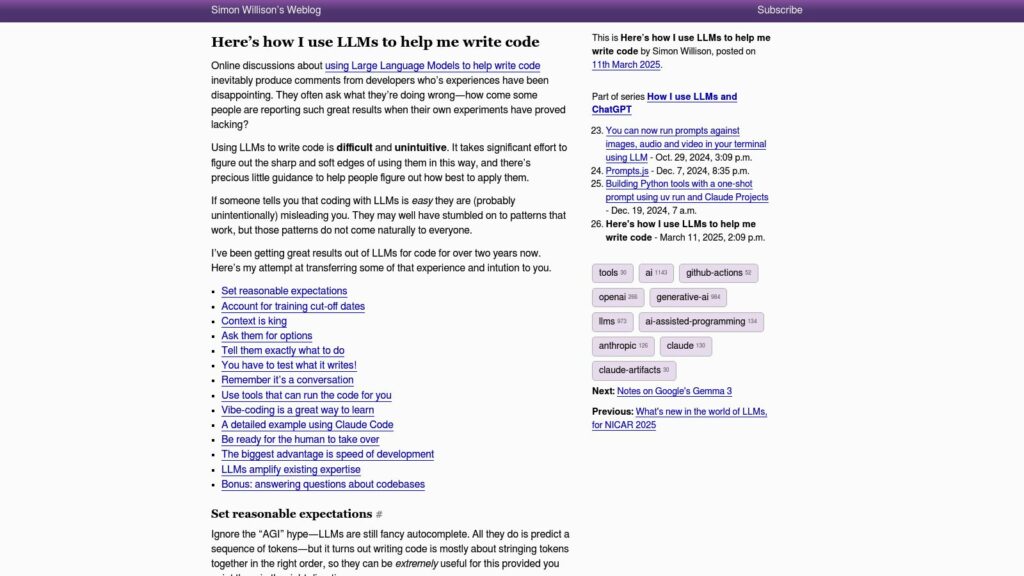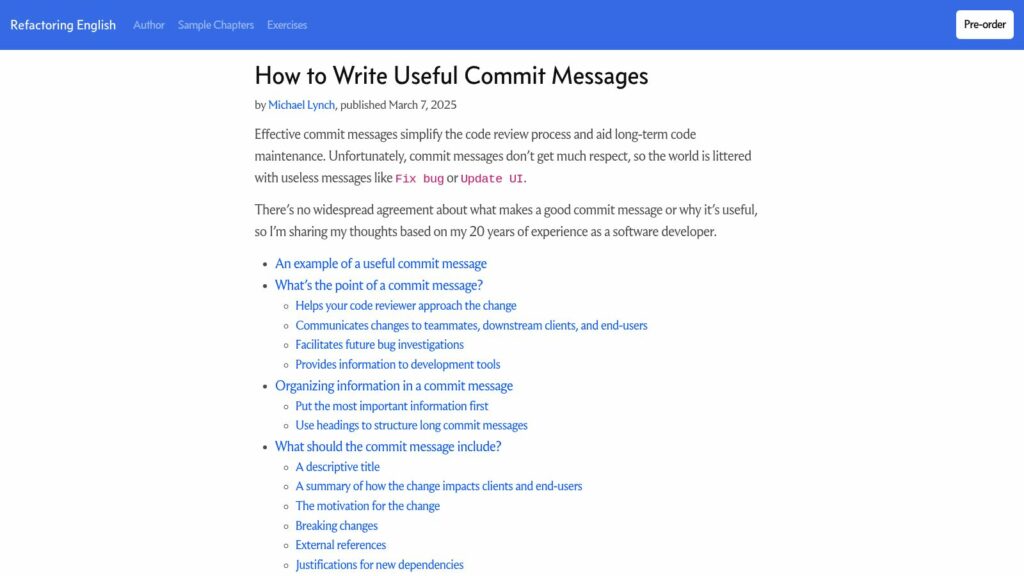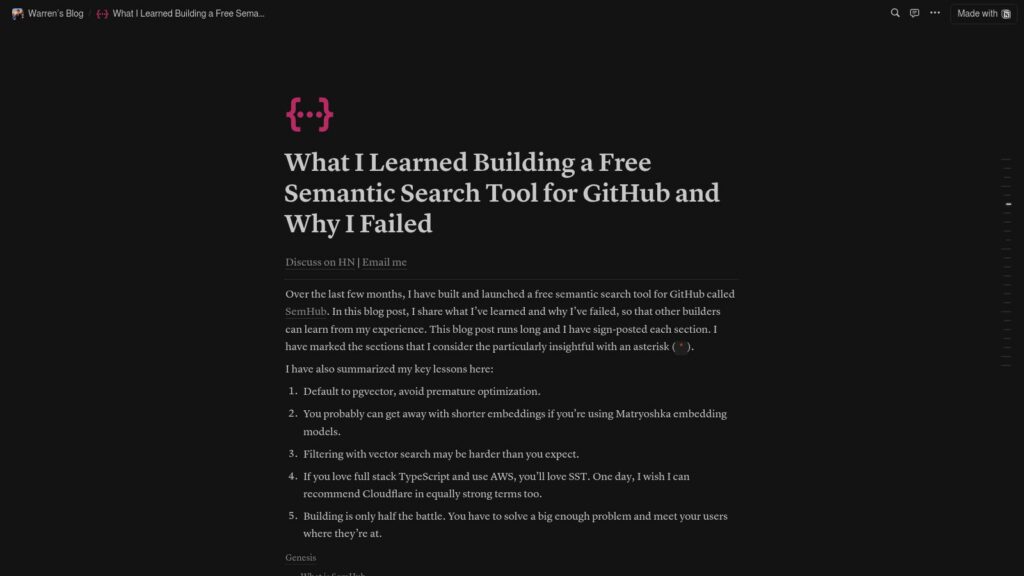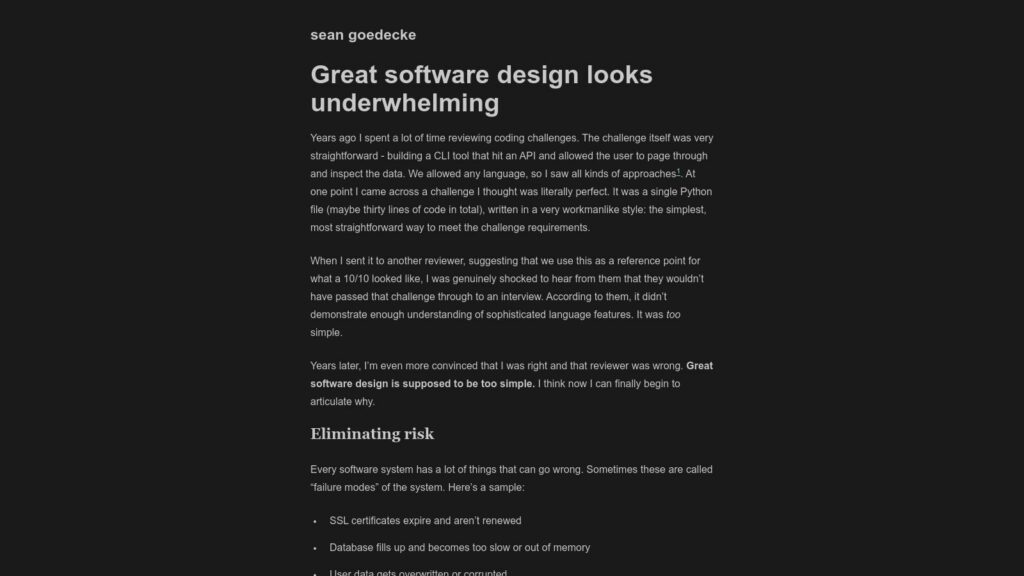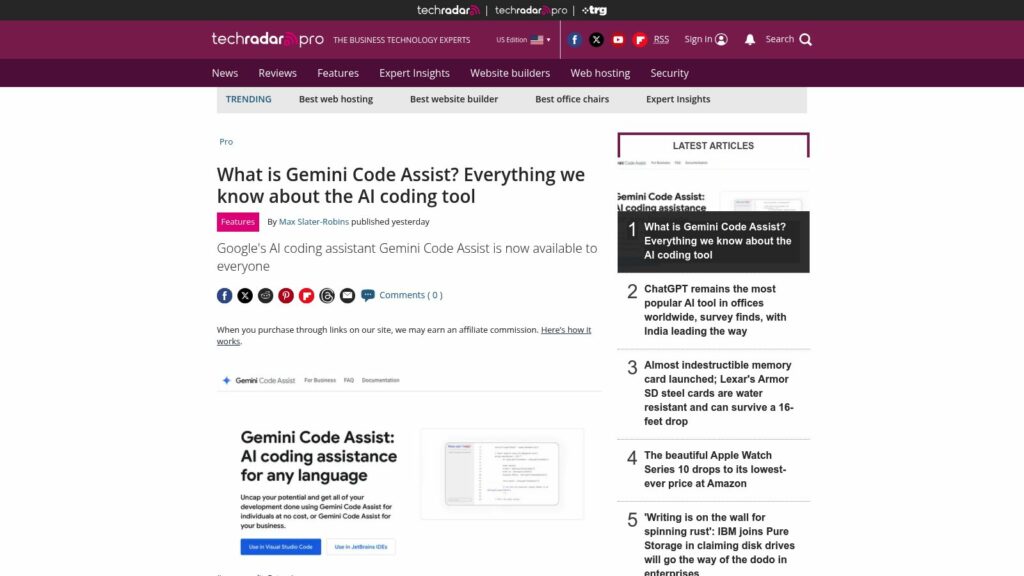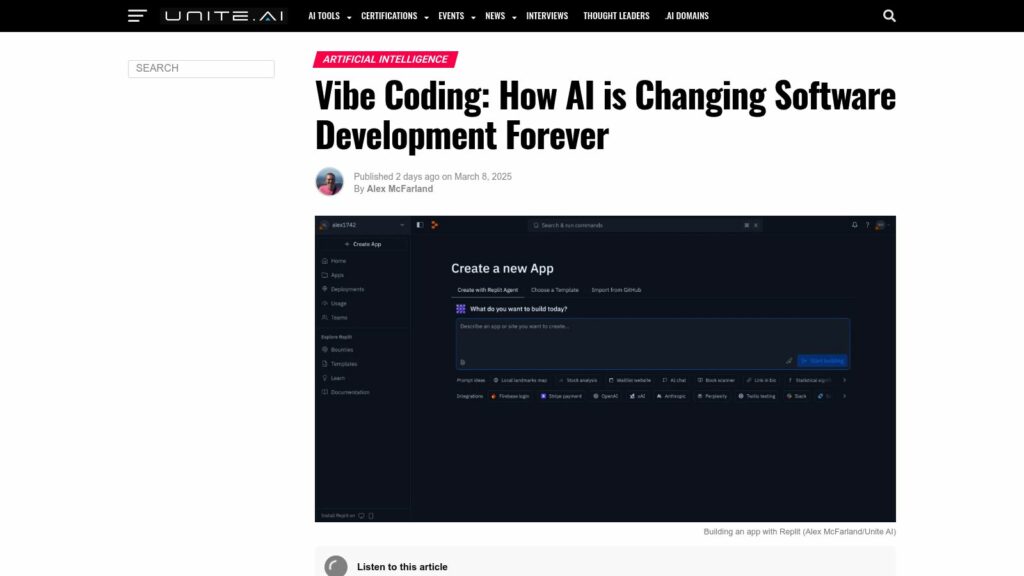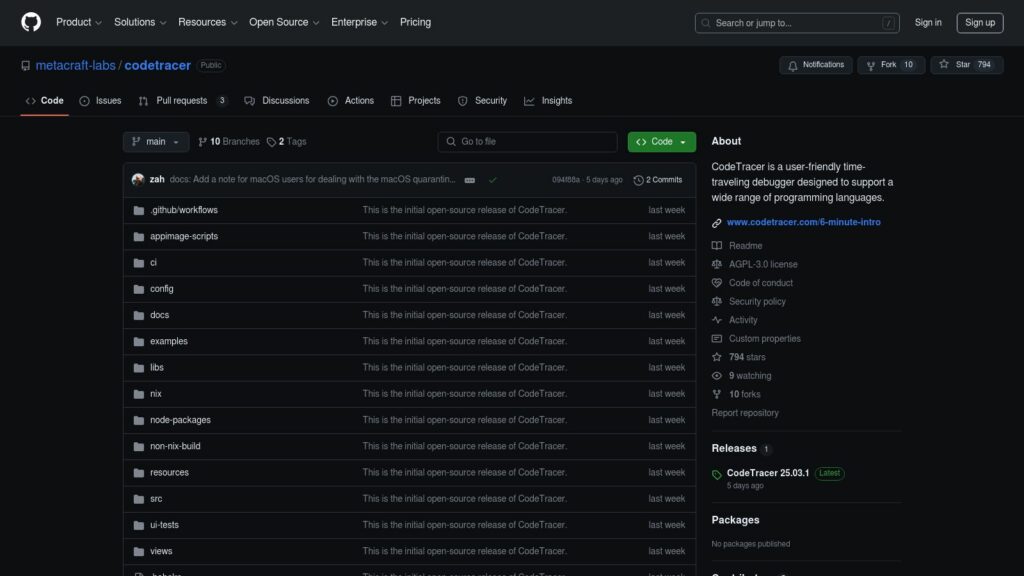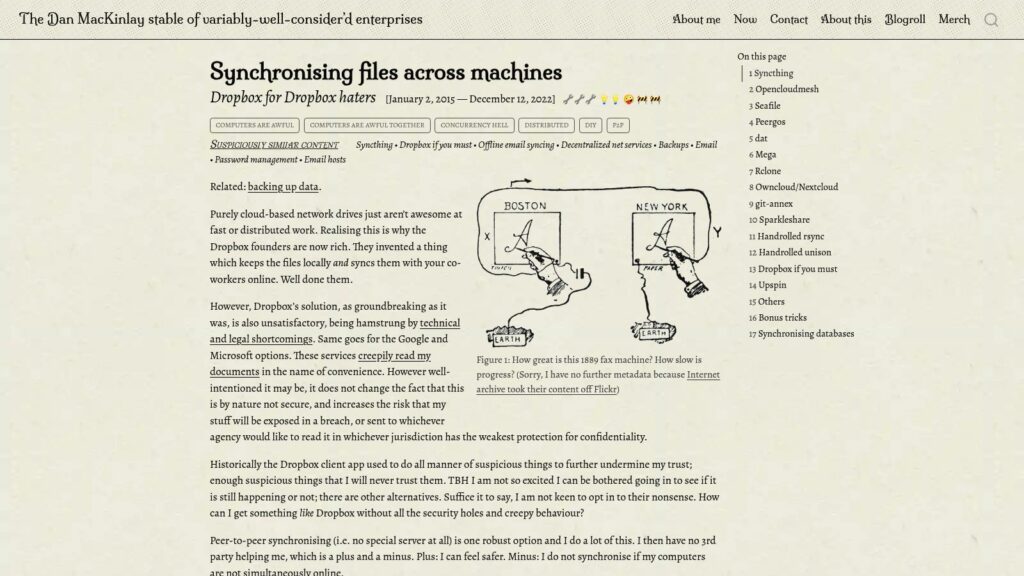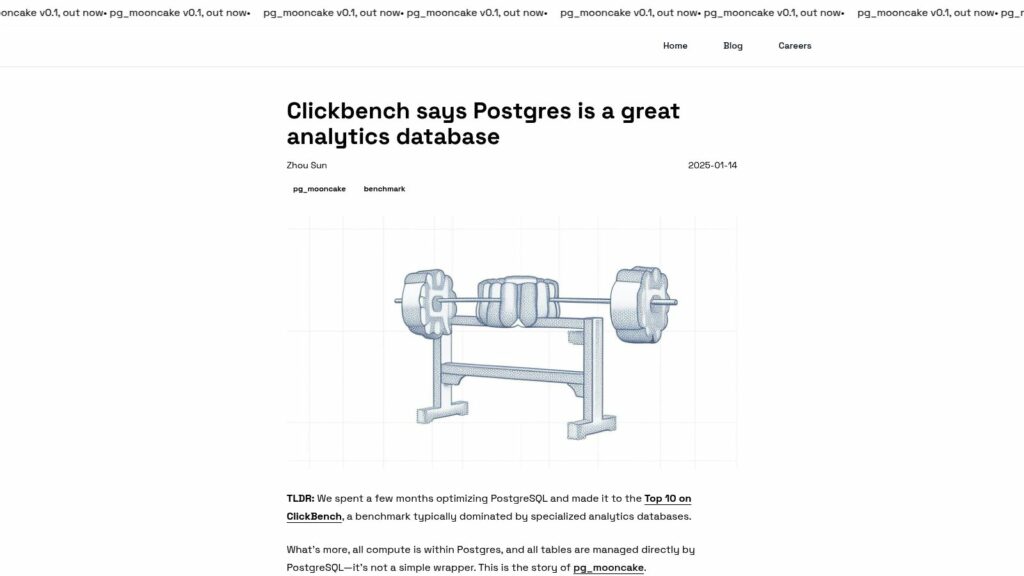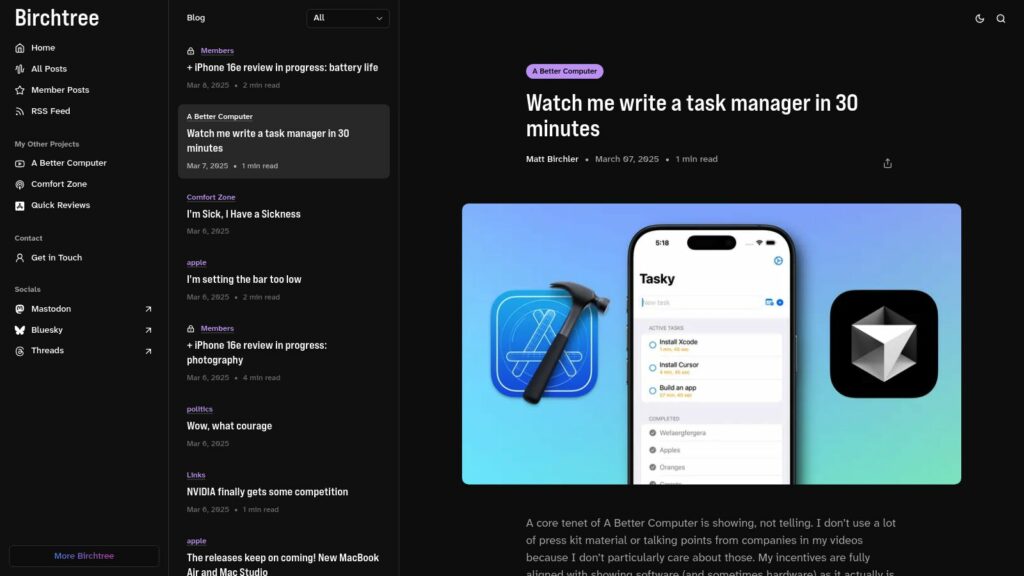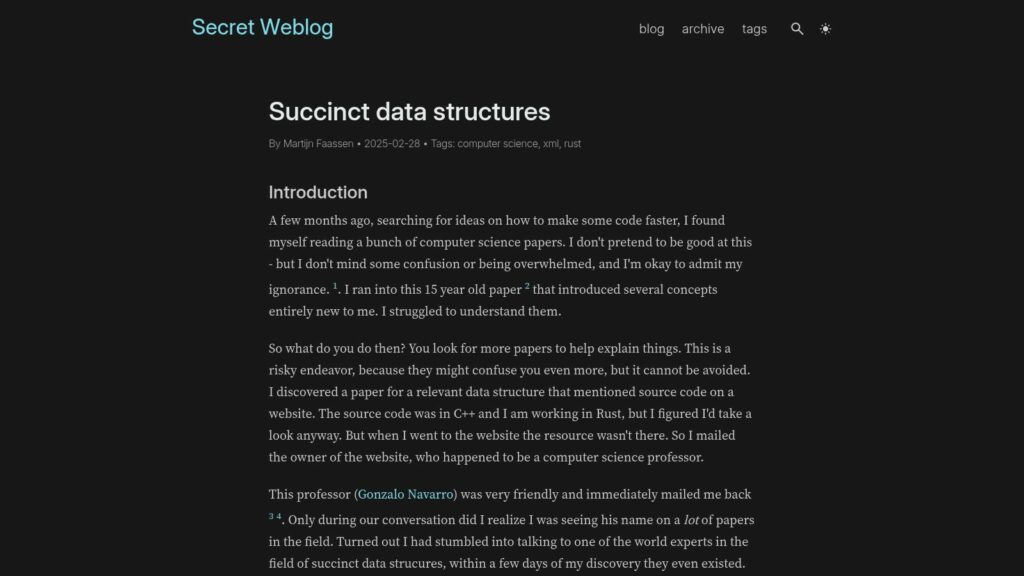Here’s How I Use LLMs to Help Me Write Code
Use LLMs to aid coding effectively by setting realistic expectations, managing context, and leveraging their speed to develop. Approach them as over-confident assistants, not expecting perfect outputs without oversight. Ensure prompt details guide their responses, test the generated code, and embrace iterative improvement through conversation. Prioritize stable libraries with known training cut-off dates and utilize tools that run code. Consider “vibe coding” for experimentation, and be prepared for human intervention when necessary, as LLMs amplify existing expertise but don't replace it.

